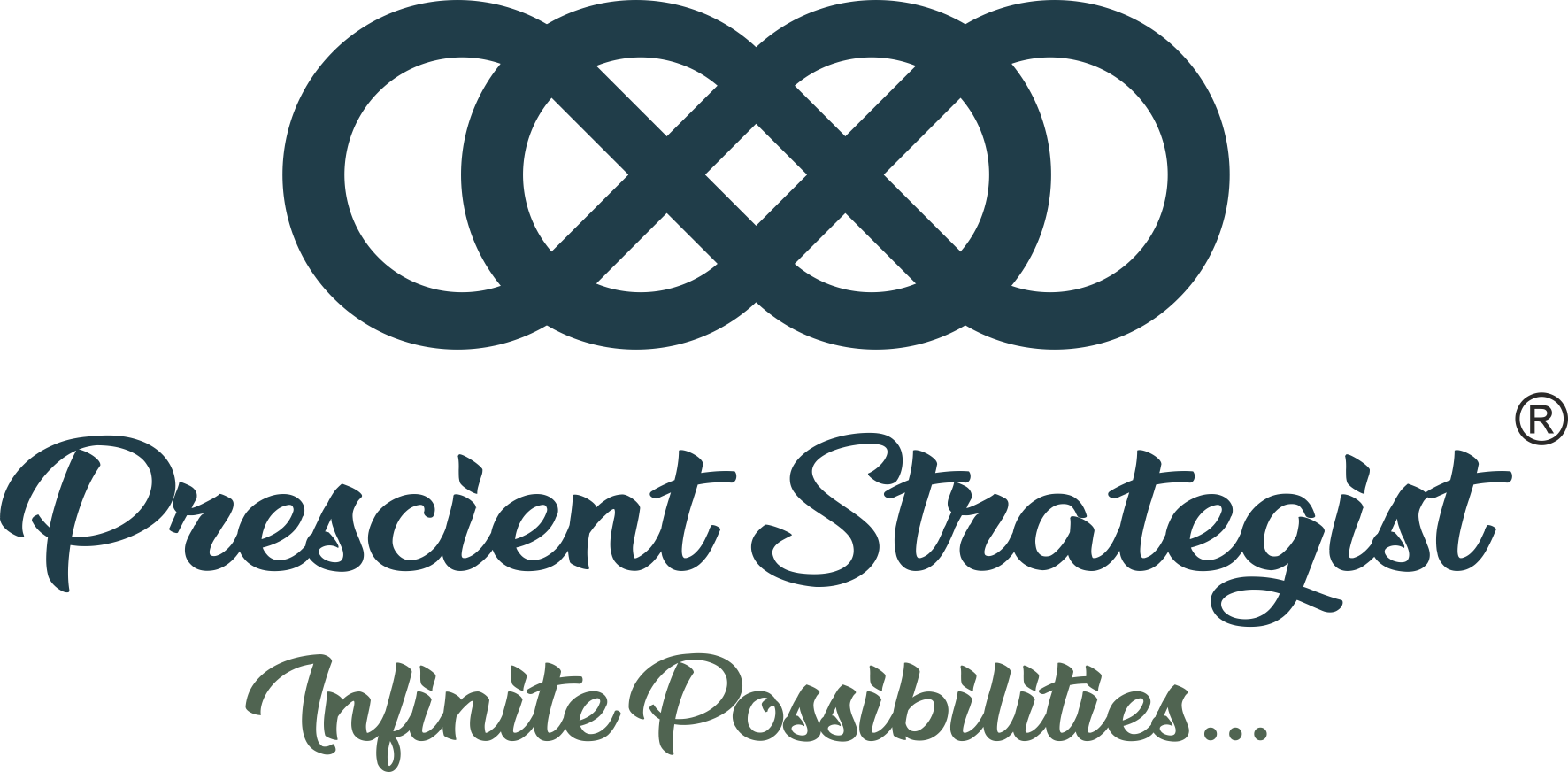Mastering the Art of Authoring a Book: A Game Changer for Business

In the dynamic realm of business and entrepreneurial coaching, authoring a book is not just a milestone but a strategic move to establish authority, share profound insights, and extend one’s influence in the industry. This blog delves into the transformative journey of writing a book, exploring how it can amplify your voice as a thought leader and catalyze your professional growth.
The Power of Authoring a Book in Business and Entrepreneurship:
A famous books and author is more than a collection of pages; it’s a conduit for sharing wisdom, experiences, and innovative strategies that can redefine the landscape of business and entrepreneurship. Renowned coaches and entrepreneurs have often used this medium to extend their reach, impacting a wider audience while cementing their stature as industry vanguards.
Identifying Your Unique Message in Authoring a Book:
The cornerstone of an impactful book lies in its unique message. It’s imperative for aspiring authors, especially in the business coaching arena, to introspect and distill their unique perspective. This unique message resonates with your audience, setting the tone for a compelling narrative that offers fresh insights into familiar challenges.
Planning Your Authoring a Book Journey
Embarking on the book writing journey demands meticulous planning. From outlining chapters to setting achievable writing goals, the planning phase lays the groundwork for your book. It involves structuring content in a manner that not only educates but also engages your readers, guiding them through a well-thought-out journey of learning and discovery.
Writing Strategies for Busy Professionals:
Many business coaches and entrepreneurs juggle a myriad of responsibilities, and finding time to write can be challenging. This section of the blog presents practical strategies for time management and maintaining writing momentum. It emphasizes the importance of balancing professional commitments with the pursuit of authoring a book, ensuring that neither aspect is compromised.
Navigating the Publishing World:
The publishing industry, with its myriad pathways and choices, can be daunting. This blog simplifies this complex world, comparing the merits and considerations of self-publishing versus traditional publishing routes. It guides on selecting the path that aligns best with your book’s goals and your personal aspirations as an author book name.
Marketing Your Book for Maximum Impact:
Writing a book is only the beginning; marketing it effectively is crucial for ensuring its success. This section provides a roadmap for leveraging various marketing strategies, from harnessing the power of social media to engaging in book tours and speaking engagements. It highlights the significance of a robust online presence in amplifying the reach of your book.
The Role of a Book in Personal Branding:
In the sphere of business coaching, a book is a potent tool for personal branding. This blog explores how a book can enhance your brand, integrating it into your broader branding and marketing strategy. It’s an asset that not only showcases your expertise but also opens doors to new opportunities and connections.
Leveraging Your Book for Business Growth:
A book can be a catalyst for business growth, attracting new clients, generating leads, and creating additional revenue streams. This part of the blog investigates various ways to utilize your book beyond its pages, such as developing workshops, and courses, or engaging in speaking engagements, thereby turning your book into a multifaceted business tool.
How to Write a Book and Get It Published?
- Complete Your Manuscript: Before you think about publishing, ensure your book is well-written and polished. This means multiple rounds of revisions and possibly working with a professional editor.
- Research the Market: Understand the genre of your book and research what similar titles are out there. This knowledge will help you in pitching your book to agents or publishers.
- Write a Query Letter and Synopsis: If you’re seeking traditional publishing, you’ll need a compelling query letter and a synopsis of your book. These documents should capture the essence of your book and pique the interest of agents or publishers.
- Choose the Right Route: Decide whether you want to go the traditional publishing route or self-publish. Traditional publishing may offer more support, but self-publishing gives you more control and potentially higher royalties.
- Find an Agent or Publisher: If you choose traditional publishing, research agents or publishers who work with your genre. Follow their submission guidelines precisely.
- Consider Self-Publishing: If you decide to self-publish, research platforms like Amazon Kindle Direct Publishing, Barnes & Noble Press, or others. Understand the process of formatting, cover design, and distribution.
- Market Your Book: Regardless of the publishing route, be prepared to market your book. Use social media, book readings, and reviews to promote your work.
Case Studies and Success Stories:
Illustrating the journey with real-life examples, this section includes case studies of business coaches and entrepreneurs who have successfully book authors. It analyzes the impact of their publications on their professional growth and business success, offering readers tangible proof of the power of authoring a book.
Conclusion:
In conclusion, authoring a book is an enriching endeavor that goes beyond merely writing; it’s about creating a legacy and a tool for professional growth. Aspiring business and entrepreneur coaches should view it as an opportunity to share their vision, influence change, and carve a distinct niche in their field.
Call to Action:
If the prospect of authoring a book excites you, or if you’re seeking guidance to embark on this fulfilling journey, let this be your starting point. Share your thoughts, experiences, or inquiries in the comments below, or reach out directly for a personalized consultation. Together, let’s turn your vision into a published reality.
FAQs A Writing A Book
How to write a book with no experience for beginners?
- Start with Reading: Read widely to understand different writing styles and genres. This will give you a sense of what good writing looks like.
- Practice Regularly: Begin writing regularly to develop your style. Start with short pieces or journal entries, and gradually work your way up to longer forms.
- Take Writing Courses: Consider enrolling in writing workshops or courses. These can provide structured learning and feedback from instructors.
- Join Writing Groups: Connect with other writers to exchange ideas and get feedback. Writing communities can offer support and motivation.
- Work on a Draft: Don’t worry about perfection in your first draft. Focus on getting your ideas down, then refine them through revisions.
- Study the Craft: Learn about plot development, character creation, dialogue, and other aspects of writing. Books on writing, blogs, and podcasts can be valuable resources.
- Seek Feedback: Once you have a draft, get feedback from others. This can be from writing groups, friends, or professional editors.
- Be Persistent: Writing is a skill that improves with practice. Be patient with yourself and persistent in your efforts.
How to Start Writing a Book About Your Life?
- Identify Your Theme: Before you start writing, consider what aspect of your life you want to focus on. Your life story could be about overcoming adversity, personal growth, a significant event, or a combination of experiences that shaped who you are.
- Set Your Goals: Understand why you want to write this book. Is it for personal satisfaction, to leave a legacy, or to share lessons learned with others? Your goal will guide your writing process.
- Create an Outline: Organize your thoughts and memories. Chronological order works well for life stories, but you can also group events thematically.
- Be Honest and Reflective: Writing about your life requires introspection and honesty. Reflect on your experiences and the emotions they evoke. Be truthful, as authenticity resonates with readers.
- Include Significant Moments: Focus on the moments that were turning points in your life. Explain how these events changed you or influenced your decisions.
- Show, Don’t Tell: Use descriptive writing to immerse readers in your experiences. Show how events unfolded, how they felt, and what you learned from them.
- Edit and Revise: Your first draft is just the starting point. Revise your work, focusing on clarity, cohesiveness, and engagement. Consider getting feedback from trusted friends or a professional editor.
How Do I Start Writing a Book?
Starting to write a book can feel overwhelming, but breaking it down into steps can make it more manageable. First, define your book’s purpose and target audience. Are you writing fiction, non-fiction, an educational piece, or something else? Next, brainstorm ideas and themes. Create an outline to give structure to your thoughts. Set a writing schedule that suits your lifestyle and commit to it. Begin with a draft without worrying about perfection; the first draft is about getting your ideas on paper. Remember, writing is a process that involves revising and refining.
What Are Some Common Challenges in Book Writing and How Can I Overcome Them?
Common challenges include writer’s block, time management, maintaining motivation, and self-doubt. Overcoming these challenges often involves setting a regular writing routine, creating a comfortable writing environment, and setting realistic goals. For writer’s block, try free writing or take a break to clear your mind. Joining a writers’ group for support and feedback can also be beneficial. Remember, every writer faces these challenges; persistence and dedication are key.
How Long Does It Take to Write a Book?
The time it takes to write a book varies greatly depending on the book’s length, complexity, the author’s experience, and the time they can dedicate to writing. On average, a typical novel can take anywhere from 6 months to a year to write, assuming a consistent writing schedule. However, some books can take several years to complete. It’s important to set a realistic timeline for yourself and not rush the process.
Should I Self-Publish or Seek a Traditional Publisher?
This depends on your goals, resources, and the type of book you’re writing. Self-publishing offers more control over the process, higher royalty rates, and faster publication, but it also requires you to handle marketing, distribution, and sales. Traditional publishing can lend credibility, provide professional editing, design, and marketing services, but it’s a competitive field with less creative control and lower royalties. Research both paths thoroughly to decide which aligns best with your objectives.
How Can I Improve My Writing Skills?
Improving writing skills is a continuous process. Read widely and regularly to understand different styles and genres. Practice writing consistently, even if it’s just a small amount each day. Seek feedback from other writers or join a writing group. Attend workshops or take writing courses to learn new techniques and gain insights. Editing and revising your work critically is also crucial for skill improvement. Finally, be open to learning and evolving as a writer.




